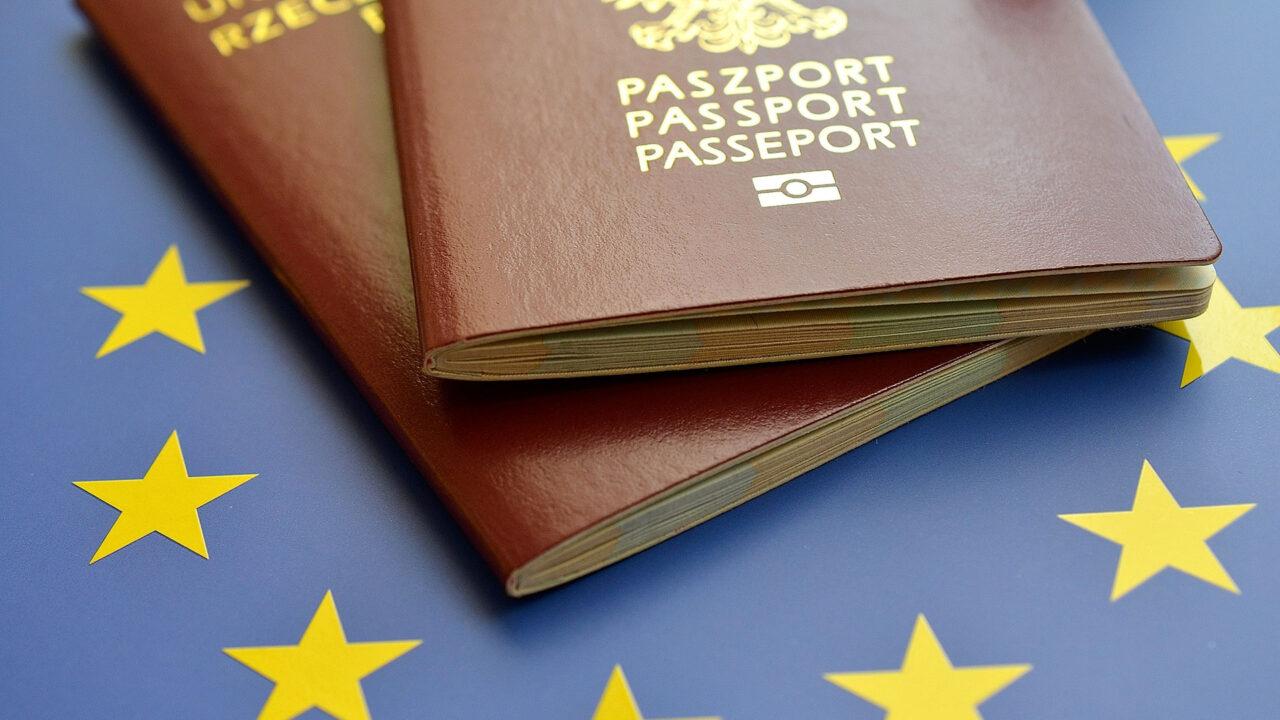To live in any of the European Union countries on equal terms with the native population, the applicant needs to obtain a passport of any state of the union. EU citizens are equal to each other in choosing a place of permanent residence. For example, the owner of a Bulgarian passport can live in France, Germany or any other EU country with the right to work, study, conduct business, and also receive medical services. Most applicants obtain EU citizenship through repatriation, naturalization or through investment.
Common ways to obtain an EU passport:
- Repatriation.
Applicants who have relatives who were born and/or lived in the corresponding country are entitled to obtain citizenship in this way. Usually, repatriates can be children, grandchildren and even great-grandchildren of a suitable ancestor. The conditions of the programs are quite loyal: often foreigners are entitled to immediately claim an EU passport, without prior residence in the state and studying the language. Even applicants who do not have sources of permanent income and are not ready to give up the identity card of another country have the opportunity to restore citizenship. You can get an EU passport in the shortest possible time through repatriation – from 12 months.
- Naturalization.
Naturalized citizens become applicants from abroad who have lived in the country for a certain period on legal grounds, integrate into local society, master the state language at a sufficient conversational and written level. The mandatory period of residence in EU countries for obtaining status varies on average from 5 to 10 years. The period specified by the relevant legislation, the immigrant must spend in the state with a residence permit or permanent residence permit. Often, naturalized applicants require financial security and no criminal record. Applicants for citizenship must know the laws of the state and customs, have a registered place of residence in the EU. There is also accelerated naturalization: for example, for refugees or spouses of citizens of the respective country.
- Investment.
Direct programs for granting EU citizenship in exchange for financial investments in the local economy are closed as of 2023. At the same time, in a number of states, foreigners may be issued a permanent residence permit with the right to accelerated processing of EU citizen status for investments – for example, in Malta. Large investments (on average – from 1,000,000 EUR) are considered by some EU countries as a special merit, which is a reason for obtaining citizenship in a shorter period. For example, such conditions are relevant in Romania, Bulgaria, Cyprus.
- Birth of a child in the EU and obtaining citizenship.
None of the EU countries practice the right of soil – granting a local passport to children of immigrants born in the country. The child of foreigners who have a residence permit in the EU receives the citizenship of the parents (or one of them by agreement). For minor applicants, accelerated naturalization with special conditions is often practiced – for example, after completing an educational course in the state.
Is it allowed to have a passport of the EU country and some other state at the same time?
The possibility of maintaining two citizenships depends on the legislation of each specific state – for example, the applicant’s homeland and the country in which he requests a passport. There are no common conditions in this case. Most EU countries allow you to get a local passport while maintaining a similar document in your home country. There are special conditions: for example, in Romania, only repatriates can have a second citizenship.
Where is it easiest to get an EU passport?
The most accessible way to obtain EU citizenship is repatriation, which is provided for in most union states. Most often the status based on origin in Romania, Poland, Bulgaria is restored. Participants in the repatriation program have the opportunity to issue a second passport of an EU state within a period of 12 months, and most of this period is spent on considering the petition.







 Other news
Other news